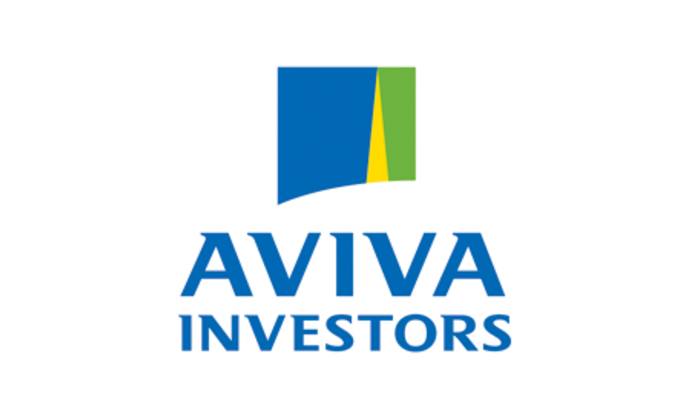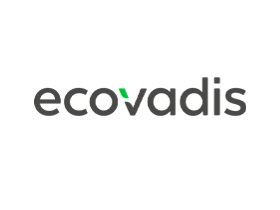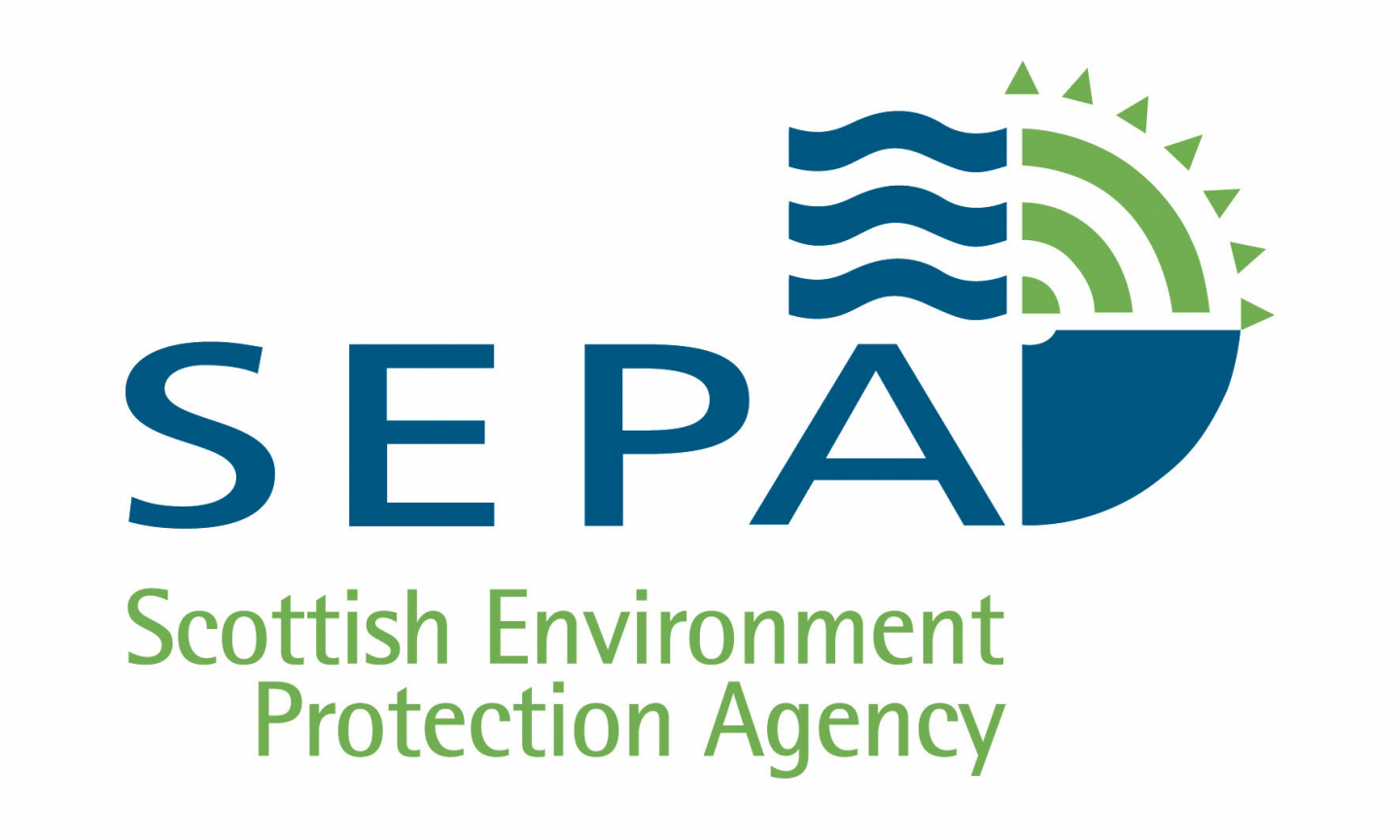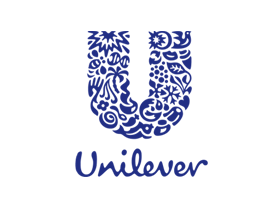Tomorrow’s Capitalism Inquiry
Capitalism’s future is contested in a way it hasn’t been for decades. Our economic system as a whole is confronted by a stark choice: evolve or die.
In this context, business as usual – and even “sustainability as usual” – looks increasingly unfit for purpose. It’s time for all of us all to either “step up – or get out of the way”.
The Tomorrow’s Capitalism Inquiry is exploring how the rules and norms that shape financial markets need to be – and can be – positively disrupted.

Background
The Tomorrow’s Capitalism Inquiry launched in 2018 with John Elkington’s recall of the Triple Bottom Line via the Harvard Business Review. Phase I of the Inquiry explored how companies could become catalysts for systems change as we move through exponential, systemic challenges.
The rationale: our economic system, as currently configured, is undermining the social and environmental systems on which we all rely. Twenty five years of corporate sustainability has not halted, let alone reversed, this trend. It’s time to think – and act – differently.
The first phase, which ran until early 2020, was supported by Aviva Investors, The Body Shop International, Covestro, EcoVadis, the Scottish Environmental Protection Agency (SEPA) and Unilever.






Findings from Phase I
Tomorrow’s most successful businesses will be defined by 3Rs: Responsibility, Resilience and Regeneration.
The imperative to act responsibly within the constraints of today’s system has not gone away – but it is no longer remotely sufficient. Now businesses face the additional challenge of proactively contributing to the emergence of a more resilient and regenerative economy.
In an increasingly exponential world, the risks associated with business as usual are escalating fast. But so too are the opportunities linked to transforming markets to better serve people and planet.
The Tomorrow’s Capitalism Inquiry Video Series
Download
Thank you for downloading some of our work. Please let us know who you are, so we can add you to our list for communications. We would love your feedback once you have had a chance to read your download.
By downloading this document you give us permission to email you from time to time. We welcome use of our work; it is subject to Creative Commons, so please do cite us as authors.